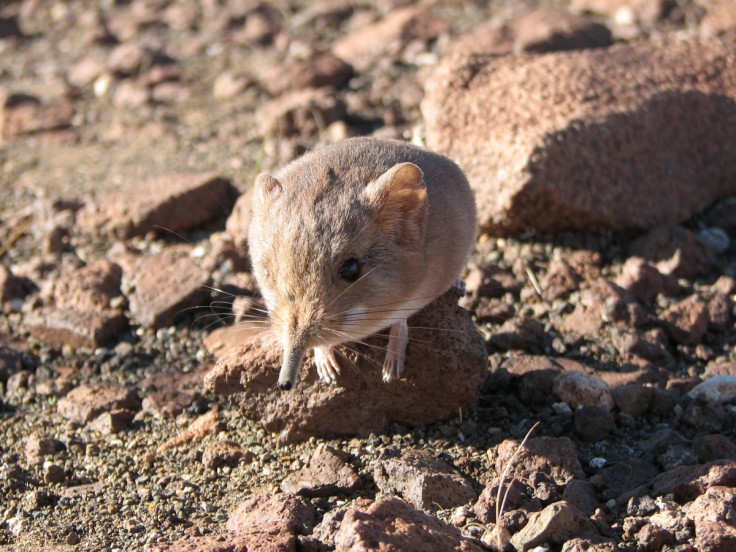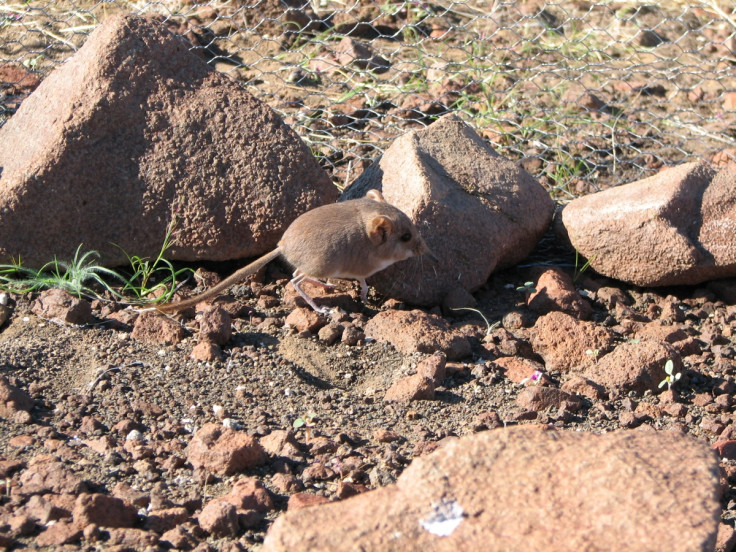Rare Mouse Resembling Miniature Elephant Discovered in African Desert

A rare new long-nosed mammal discovered in Namibia by the California scientists has its genes similar to that of the elephants.
The new species of elephant shrew with the scientific name Macroscelides Micus, inhabits an ancient volcanic formation.
A mouse-like animal with resemblance to a miniature elephant is a new species of round-eared sengi living in the remote deserts of western Africa, California Academy of Sciences reported.
This is the third and the smallest species discovered in the African wilds over the past decade.
The findings were published in the Journal of Mammalogy and it states that the mouse-like creature is considerably smaller and sports rust-coloured fur and a large, hairless gland on the underside of its tail.

Initial genetic study of the 'miniscule elephant' mouse has proven it to be the distant relative of the giant elephant.
"Had our colleagues not collected those first invaluable specimens, we would never have realized that this was in fact a new species, since the differences between this and all other known species are very subtle," says Drs. Jack Dumbacher, the Academy's Curator of Ornithology and Mammalogy.
Dumbacher was also hopeful of exploring many more miniature mammals from various parts of the world.
"Several museum collections were instrumental in determining that what we had was truly new to science, highlighting the value of collections for this type of work. Genetically, Macroscelides micus is very different from other members of the genus and it's exciting to think that there are still areas of the world where even the mammal fauna is unknown and waiting to be explored," he added.
© Copyright IBTimes 2025. All rights reserved.





















